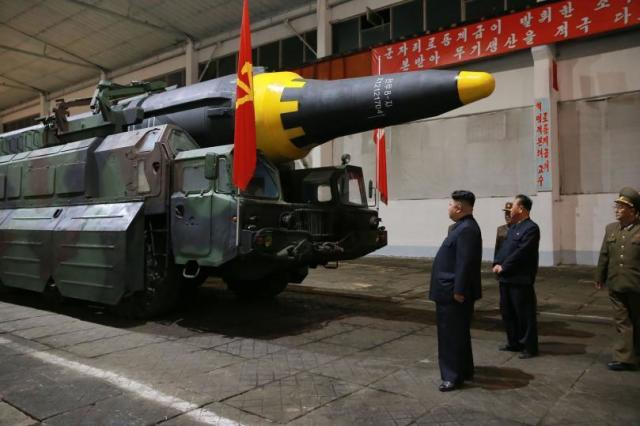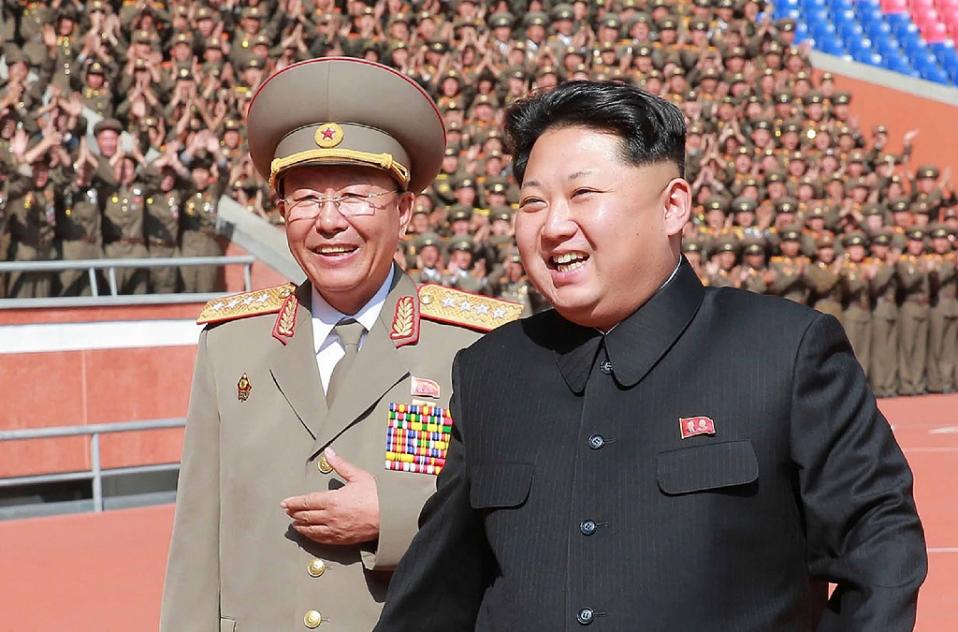North Korean Ambassador to India Kye Chun Yong, in an interview Wednesday, said his country is willing to halt nuclear and missile tests if the United States agrees to meet a list of demands.
“If our demands are met, we can negotiate in terms of the moratorium of such as weapons testing,” Kye told the Indian news outlet WION. He further emphasized that the North Korean government was not looking to start another nuclear war on their own peninsula as it would be “fratricidal.” Instead, he urged the U.S. to meet certain demands so that both the nations can arrive at a peaceful resolution.
One of the primary demands, according to Kye, would be to cease the U.S. and South Korean joint military drills. While the U.S. maintains that the drills are a part of routine defensive preparations, North Korea has branded them as a precursor for invading the country.
The U.S. might be apprehensive in meeting the list of demands presented by North Korea as the latter has been known to claim to freeze its nuclear drills permanently in the past and then go back on its word. In February 2012, Kim struck a deal with former President Barack Obama to put a lid on the frequent nuclear tests carried out by his country in exchange for food aid from Washington. Within a couple of months, North Korea was back to launching rockets into space, The Hill reported.
Despite North Korea failing to keep its agreements in the past, the Trump administration might be open to negotiating with the former, since it is under immense pressure to keep the peninsular country from conducting further missile tests, especially after the recent death of American college student Otto Warmbier days after being released from a North Korean prison.
On Tuesday, Trump posted a tweet stating China’s efforts to threaten North Korea to scale back the expansion of their nuclear weapons program has not worked so far.
Hours after the president sent out the tweet, Secretary of State Rex W. Tillerson and Defense Secretary Jim Mattis met with Chinese Secretary of State Yang Jiechi, and a member of the Chinese Central Military Commission Gen. Fang Fenghui, to discuss the North Korean issue.
“China understands that the United States regards North Korea as our top security threat,” Mr. Tillerson told reporters at a news conference after meeting with Chinese officials, the New York Times reported. “We reiterated to China that they have a diplomatic responsibility to exert much greater economic and diplomatic pressure on the regime if they want to prevent further escalation in the region.”

Although Tillerson had rejected the idea of negotiating with North Korea during his visit to its southern counterpart in March 2017, it is also becoming increasingly clear that the United States is running out of options when it comes to keeping Kim Jong Un’s nuclear threats under check.
The U.S. cannot ban Chinese banks and companies from entering into business deals with North Korea as that could escalate into a trade war. The West also cannot launch a military strike without plunging the world into a massive nuclear war. And, simply accepting North Korea as a nuclear power, is out of the question.
According to former Defense Secretary William J. Perry, playing along with North Korea’s rules is the only way to keep on delaying a future attack on the American soil














